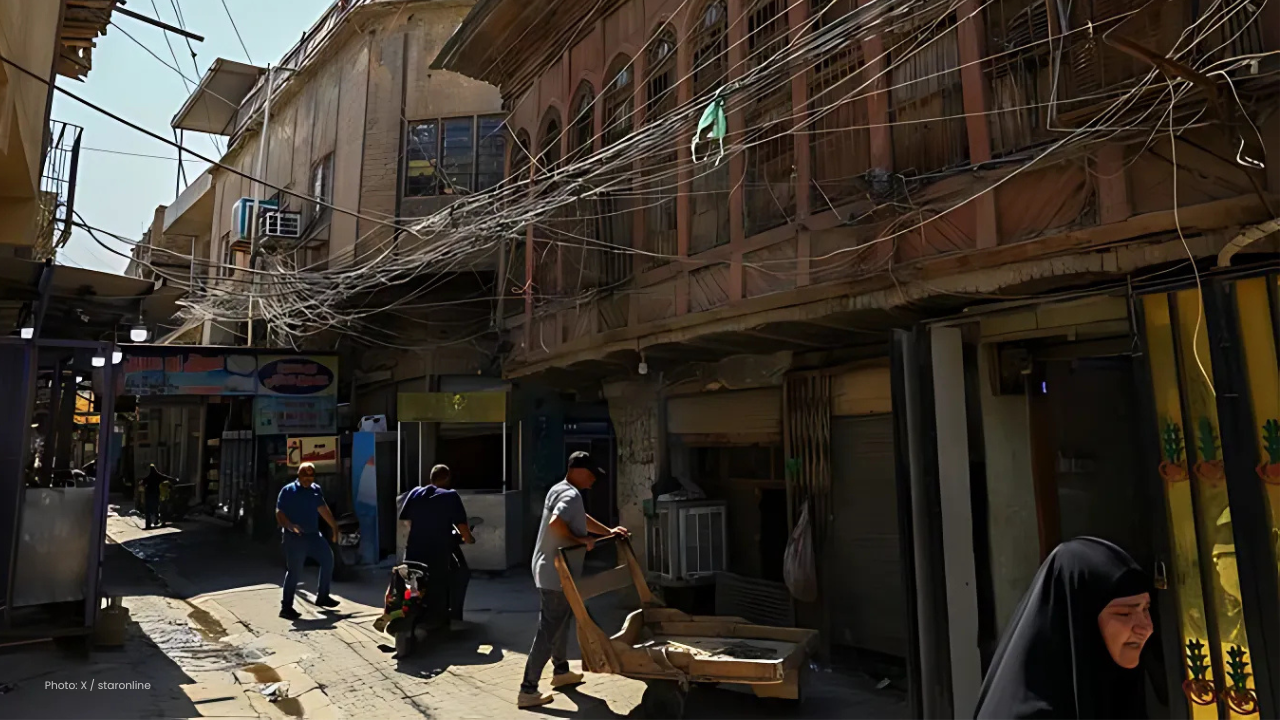
Post by : Naveen Mittal
Iraq, one of the richest oil-producing nations in the world, is once again facing a severe electricity shortage. The country tried to strike a deal with Turkmenistan to buy natural gas through Iran, hoping to reduce its heavy reliance on Iranian supplies. But the plan failed because the United States refused to approve it, citing sanctions against Tehran. As a result, Iraq continues to struggle with summer blackouts, angry citizens, and a growing energy crisis.
Even though Iraq pumps millions of barrels of oil every day, its people often live with only a few hours of electricity. The problem began after the 2003 invasion that toppled Saddam Hussein. Since then, Iraq’s infrastructure has remained weak, underfunded, and often damaged by years of war, corruption, and neglect.
Many families depend on private diesel generators to survive the hot summers, when temperatures often cross 45°C. But these generators are expensive, noisy, and polluting. For shopkeepers like Hussain Saad, a butcher in Baghdad, the lack of power is more than just an inconvenience. Without steady electricity, his refrigerators stop working and his meat spoils.
“This isn’t just my suffering — it’s the suffering of the entire Iraqi people,” Saad said, describing the daily frustration of trying to keep his business alive.
In 2023, Iraq’s leaders came up with a new idea. Instead of depending only on Iran for gas, they tried to sign a deal with Turkmenistan, another gas-rich country in Central Asia. Because Turkmenistan does not share a border with Iraq, the plan was to send the gas through Iran.
The deal was structured as a swap arrangement:
Turkmenistan would deliver the gas to Iran.
Iran would keep a small share (about 23% of the total) for its own needs.
The rest would be passed on to Iraq.
Importantly, no money would go to Iran, which would help avoid U.S. sanctions.
Iraq offered to bring in an international monitor to ensure that the deal followed all rules, including anti-money laundering measures. The hope was that this creative arrangement would satisfy Washington.
But after months of lobbying, U.S. approval never came. The American government, under its “maximum pressure” campaign against Tehran, did not want Iran to benefit in any way from such an agreement.
Iraq now finds itself caught between two powerful partners:
On one side, the United States, which provides financial support, military aid, and international backing.
On the other, Iran, which supplies a third of Iraq’s electricity and is geographically much closer.
Proceeding with the Turkmenistan gas deal without U.S. approval would have risked sanctions on Iraqi banks and companies. “The contract is currently suspended,” admitted Adel Karim, an adviser to Iraq’s prime minister on electricity affairs.
The U.S. Treasury Department refused to comment on details, but a U.S. official said Washington would not approve any arrangement that could ease Iran’s economic troubles.
For the last decade, Iraq has relied heavily on Iran for both gas and electricity. In 2024 alone, Iraq imported 9.5 billion cubic metres (bcm) of Iranian gas. This dependence is risky because U.S. sanctions sometimes make it impossible for Iraq to pay Tehran on time.
When sanctions waivers were canceled in 2024, Iraq lost access to some Iranian supplies, cutting about 3,000 megawatts of power generation — more than 10% of the country’s electricity capacity. This was enough to affect 2.5 million homes.
Ironically, Iraq is also wasting much of its own natural gas. When drilling for oil, large amounts of gas are released, but due to lack of investment and infrastructure, most of it is burned off or “flared” instead of being captured and used.
In 2023, Iraq managed to extract only 11 bcm of usable gas, far below what its growing population needs. Demand in summer often reaches 45 million cubic metres per day, while in winter it falls to about 10–20 mcm per day.
The failure of the Turkmenistan swap deal has left Iraq dangerously exposed. With summer demand surging, blackouts have become more frequent and protests more common. The electricity ministry even warned in May 2024 that the country might face widespread outages without new supplies — a prediction that sadly came true in August, when a nationwide blackout hit Iraq.
The blocked deal also highlights Iraq’s fragile position. On the one hand, it cannot afford to upset the United States, which provides crucial support. On the other hand, it cannot easily survive without Iran’s gas.
Faced with this crisis, Iraq is now exploring new ways to secure energy. The government is looking at building facilities to import liquefied natural gas (LNG), especially from Qatar and Oman. Officials have already discussed leasing a floating LNG terminal to handle imports.
At the same time, Iraq has signed major contracts with international oil and gas companies to improve its own production capacity.
TotalEnergies (France) is leading a $27 billion project to boost oil, gas, and power output at the Ratawi field.
BP (Britain) has approval to redevelop the Kirkuk oilfields, one of Iraq’s largest reserves.
Chevron (U.S.) is also involved in new gas projects.
If these projects succeed, Iraq could reduce its dependence on imports and eventually meet its own demand. But such developments take years, while the country’s people need relief now.
Iraq’s situation is not just about electricity. It reflects the challenges of being a country stuck between global powers. On paper, Iraq is one of the richest energy nations in the world. Yet ordinary Iraqis live with daily power cuts, economic hardship, and uncertainty.
Political divisions, corruption, and years of war have left the country unable to build the infrastructure it needs. Instead, Iraq must rely on its neighbors and navigate international politics, which often leaves its citizens paying the price.
Iraq’s failed attempt to secure Turkmen gas through Iran shows how complicated the energy game has become. For now, U.S. sanctions, regional rivalries, and weak infrastructure mean the lights in Iraq will keep flickering.
Families will still sit in the dark during long summer nights, shopkeepers will still struggle to keep food cold, and the government will still face the anger of people demanding one of the most basic needs: electricity.
Until Iraq builds its own energy independence, every plan will remain at the mercy of bigger powers.
#iraq #turkmenistan #iran #us #energycrisis #electricity #middleeast #sanctions #gasdeal #baghdad
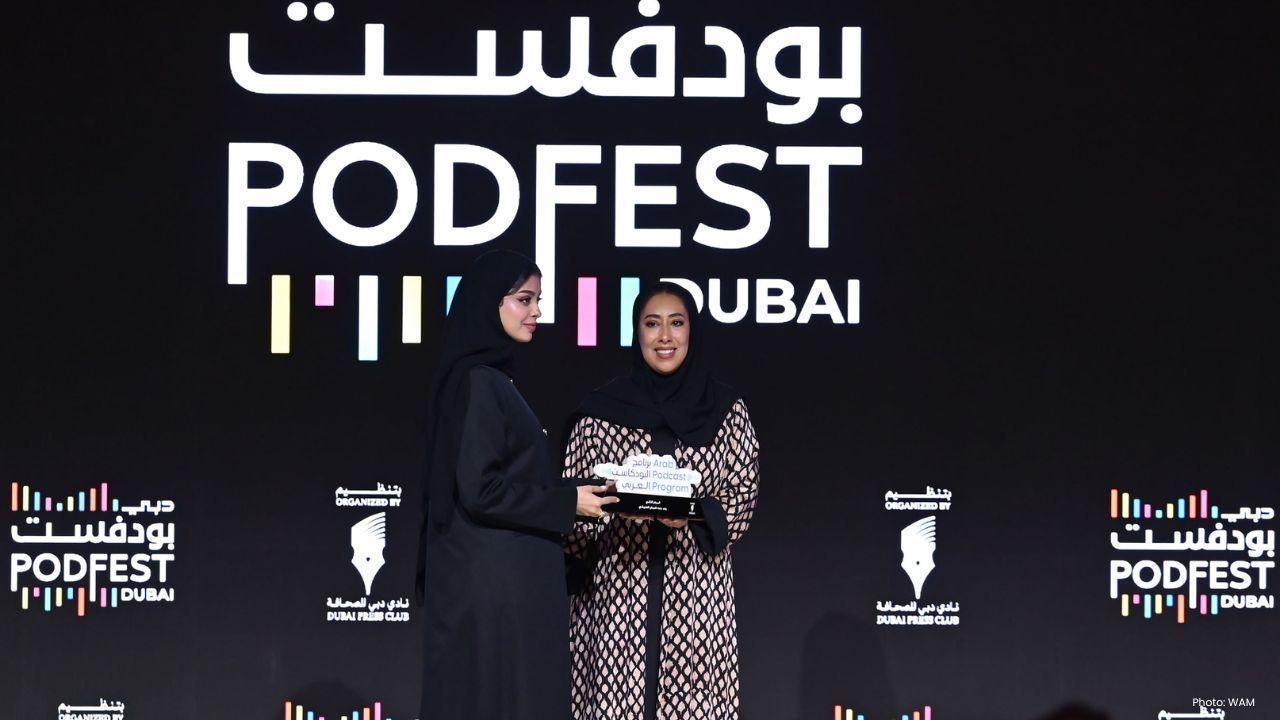

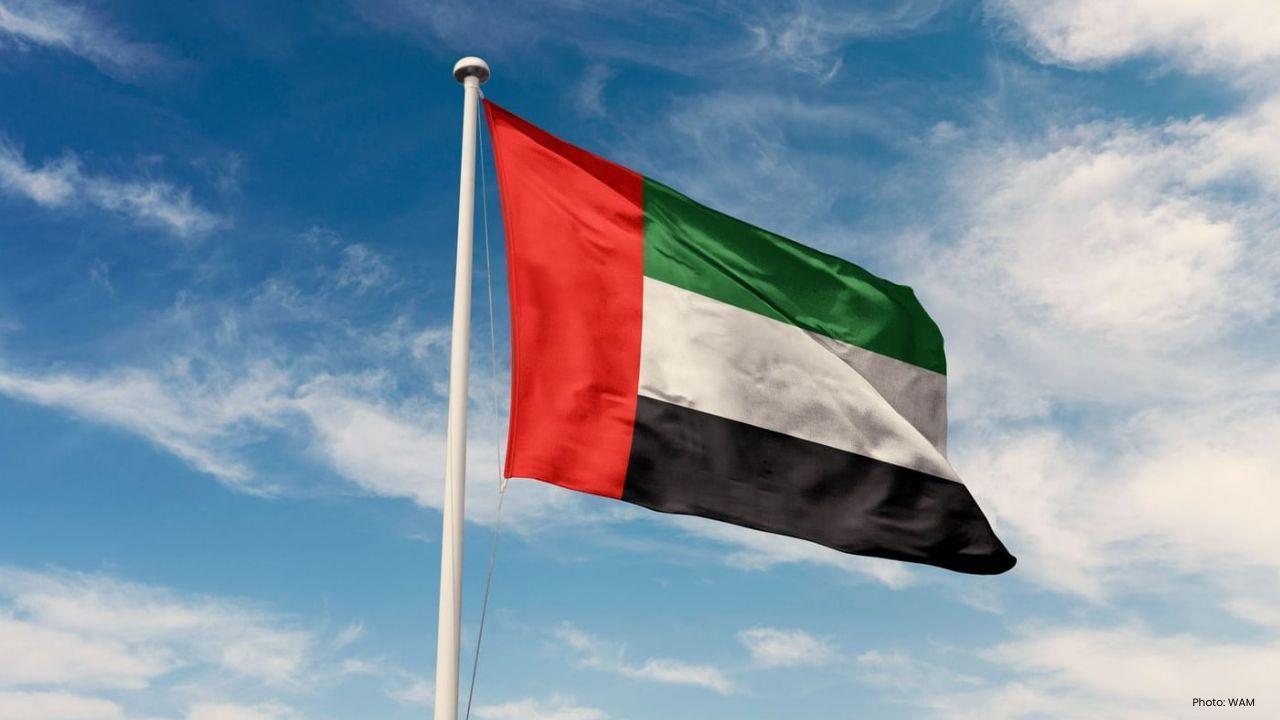
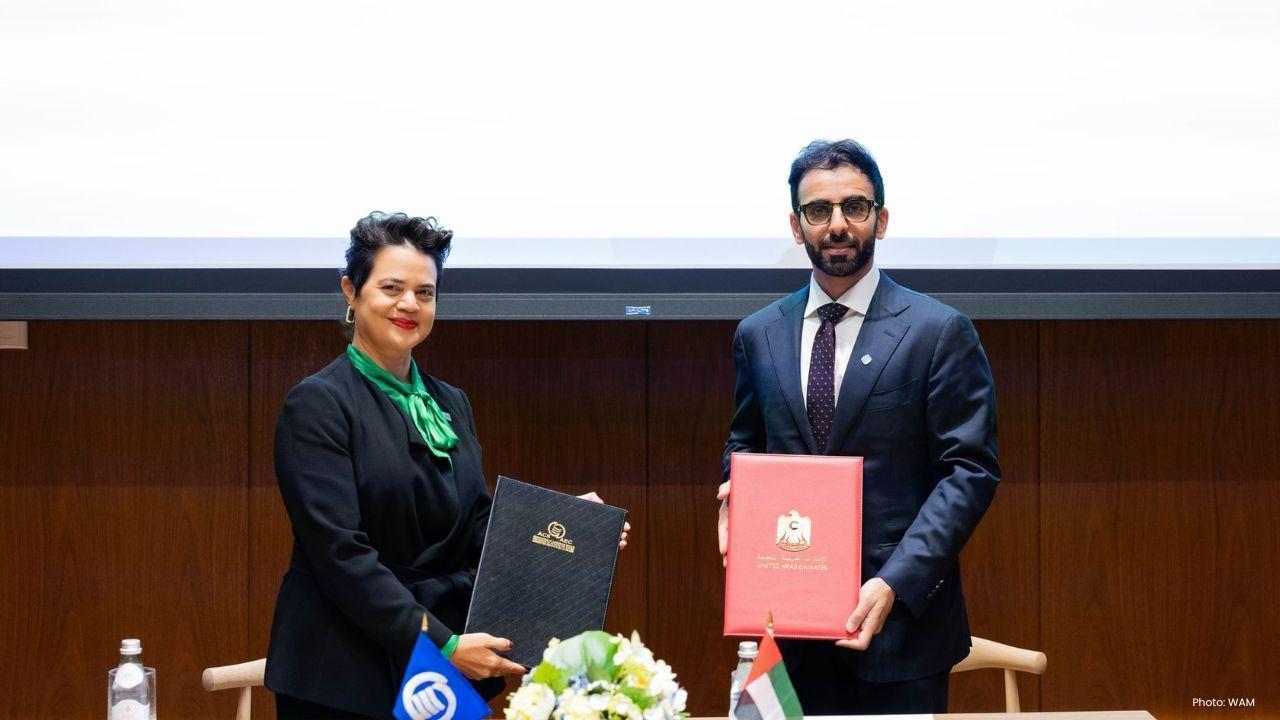
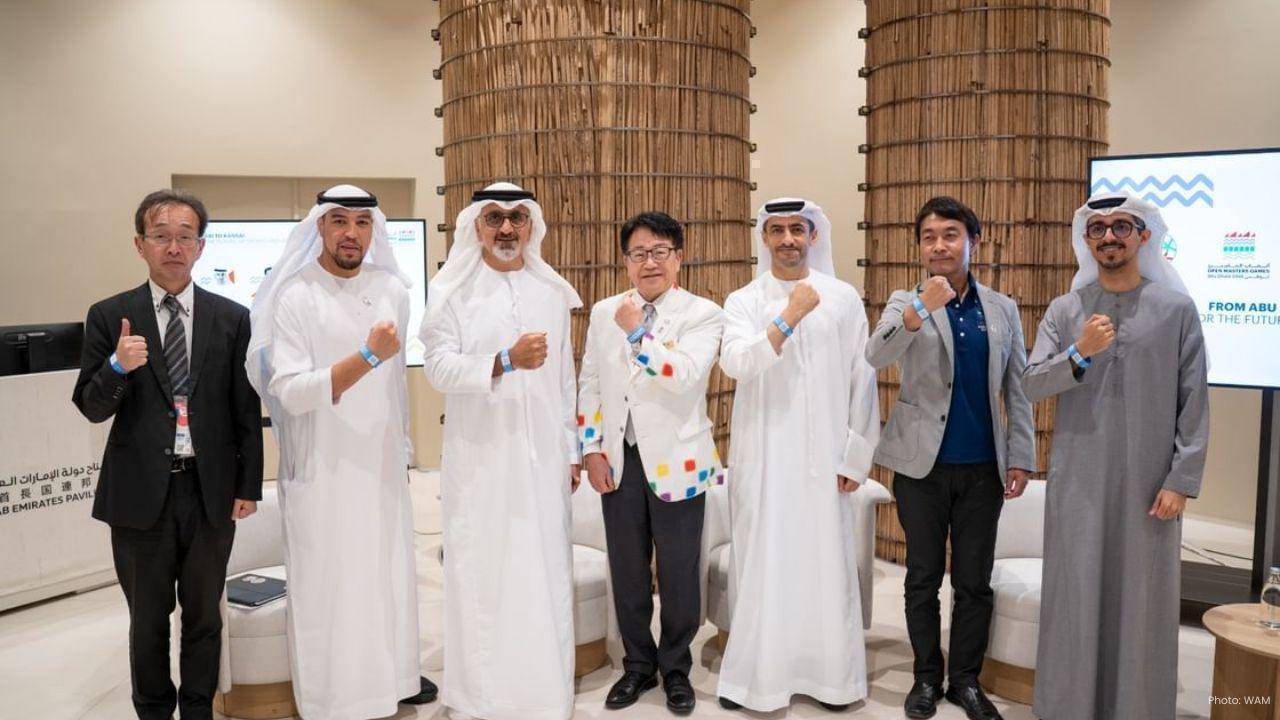

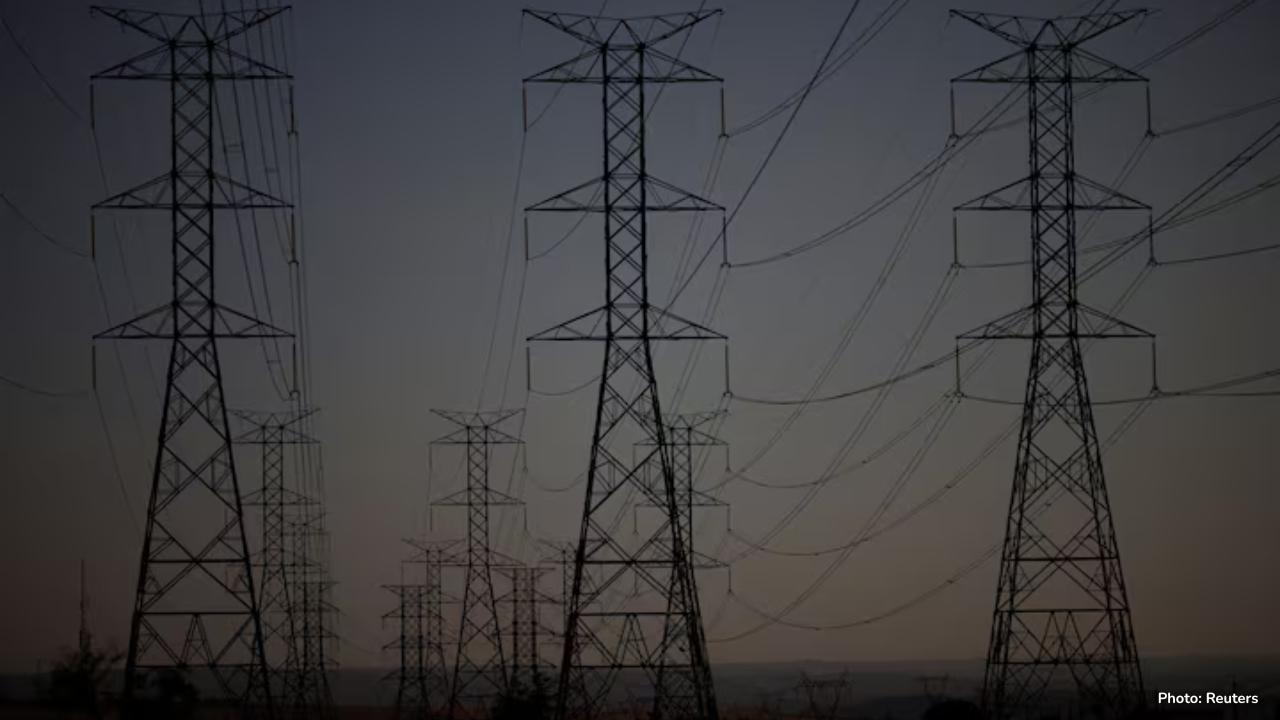
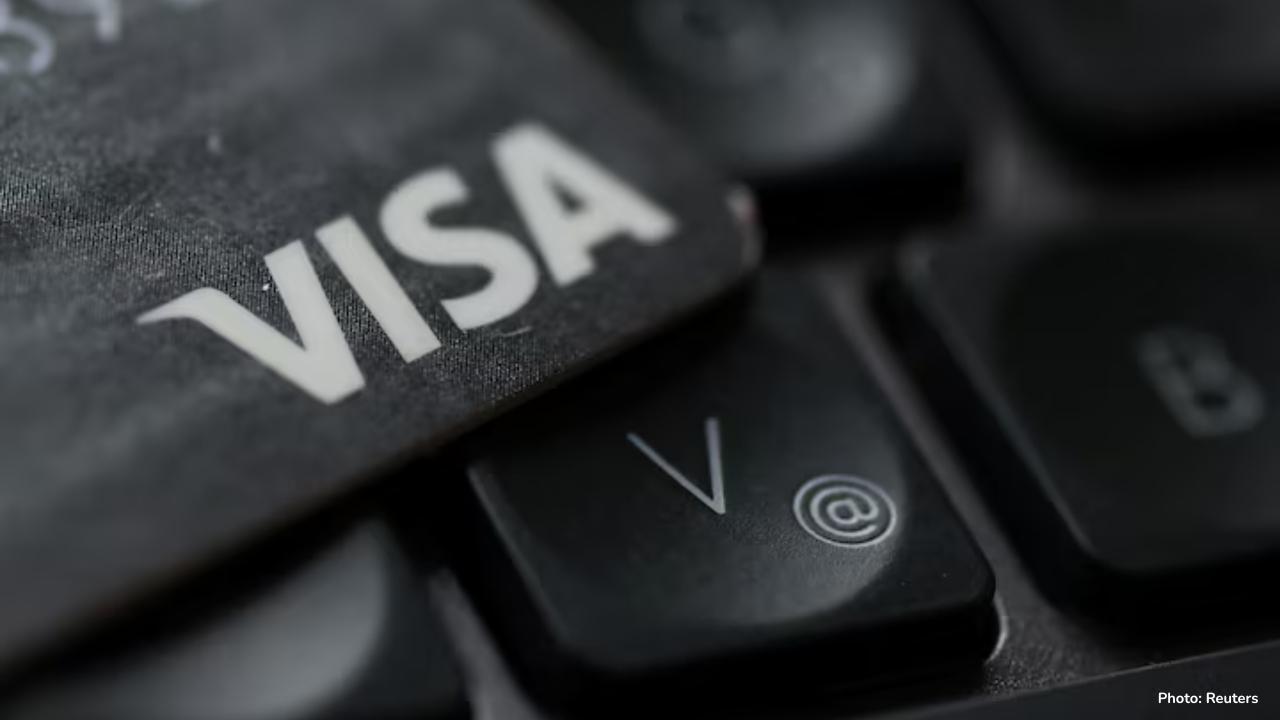
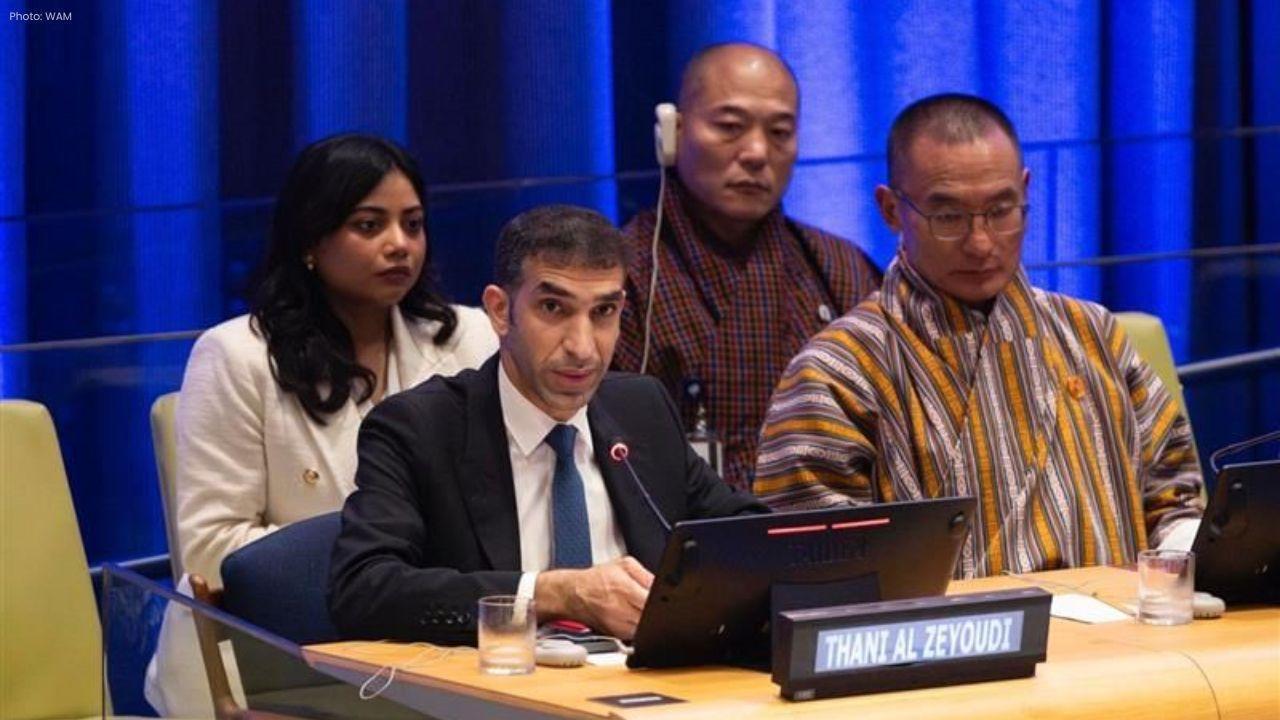

OpenAI's Revenue Soars to $4.3 Billion in First Half of 2025
OpenAI's revenue reaches $4.3 billion in the first half of 2025, marking a 16% increase from the pre

UAE Leaders Send Condolences to Saudi King Over Princess Abta's Death
UAE rulers and crown princes sent heartfelt messages to King Salman, mourning the passing of Princes

Brazil's Surplus Clean Energy Attracts Crypto Miners
Brazil's excess renewable energy is luring cryptocurrency miners. Companies like Tether and Renova E

Visa Tests Stablecoins to Make Global Payments Faster
Visa is testing stablecoins for international payments, aiming to speed up transactions and reduce t

Opera Unveils Neon AI Browser for Smarter Web Browsing
Opera introduces Neon, an AI-powered browser that automates tasks and enhances privacy, aiming to re

Albanese Visits Sheikh Zayed Grand Mosque in Abu Dhabi
Australian PM Albanese tours Sheikh Zayed Grand Mosque, highlighting peace, tolerance, and cultural